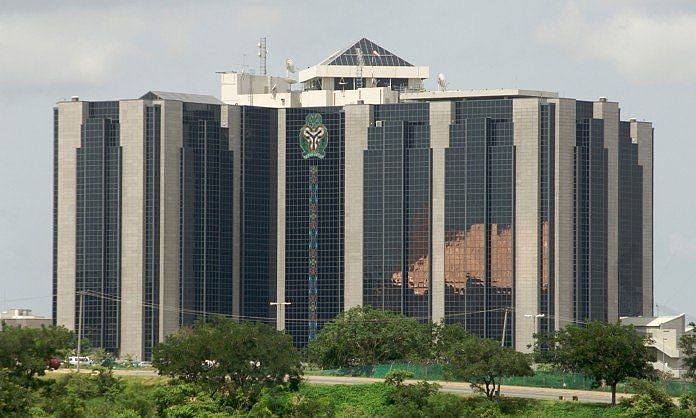May 12, (THEWILL) – The newly introduced Cybersecurity Tax by the Central Bank of Nigeria (CBN) has generated a lot of buzz but really needs a second look.
The CBN, in a circular titled “Cybercrime Act, 2024 – Implementation Guidance on Collection and Remittance of National Cybersecurity Tax” issued on May 6, 2024, stated that the levy of 0.5 percent will begin from May 20. All banks have been instructed to do so. (equivalent to 0.005) Cybersecurity tax on all electronic transaction amounts as provided in section 44(2)(a) of the Cybercrime Act.
Underscoring its determination to comply with the levy, which is also expected to significantly increase government revenue and substantially enhance corporate tax in the country, apex banks have announced that they will not be subject to the consequences of non-compliance, including fines of not less than 2%. Explained in detail. Annual turnover of the defaulting company if convicted.

However, the Cybersecurity Tax is an additional burden for Nigerians and businesses that are already contending with other mandatory taxes and levies such as the Higher Education Tax (2.5% of profits) and the National Information Technology Development Authority. It is considered an excessive burden. These include the National Science and Technology Agency Infrastructure Levy (0.25 percent of profits) and the Police Trust Fund Levy (0.005 percent of profits).
Although apparently introduced to curb growing cyber threats and strengthen cybersecurity infrastructure, this levy is important given the increasing hardships most Nigerians and their businesses are currently experiencing. It's happening at the wrong time.
At a time when rising inflation has increased the cost of living, further exacerbating the cost of living, we are reminded by well-meaning Nigerians such as the Nigeria Economic Summit Group (NESG) that a cybersecurity tax is definitely at the wrong time. and the organization's position.
Similar to the NESG, we target the levy to the wealthy and provide electronic transfers of specified amounts to alleviate the concerns of citizens who are still suffering from soaring food prices and other daily necessities. I think it should.
The new cybercrime tax comes at a time when many Nigerians are still reeling from the effects of the removal of fuel subsidy, exchange rate issues affecting the price of items, and the recent increase in electricity prices. I think it's an extra burden.
We therefore agree with the NESG that the timing and implementation of cybersecurity levies should be carefully considered, recognizing that strengthening cybersecurity resilience is essential.
“By fostering dialogue, targeted adoption, and a comprehensive cybersecurity strategy, Nigeria can navigate the evolving cyber threat landscape while safeguarding economic stability and promoting inclusive growth.” claims NESG.



